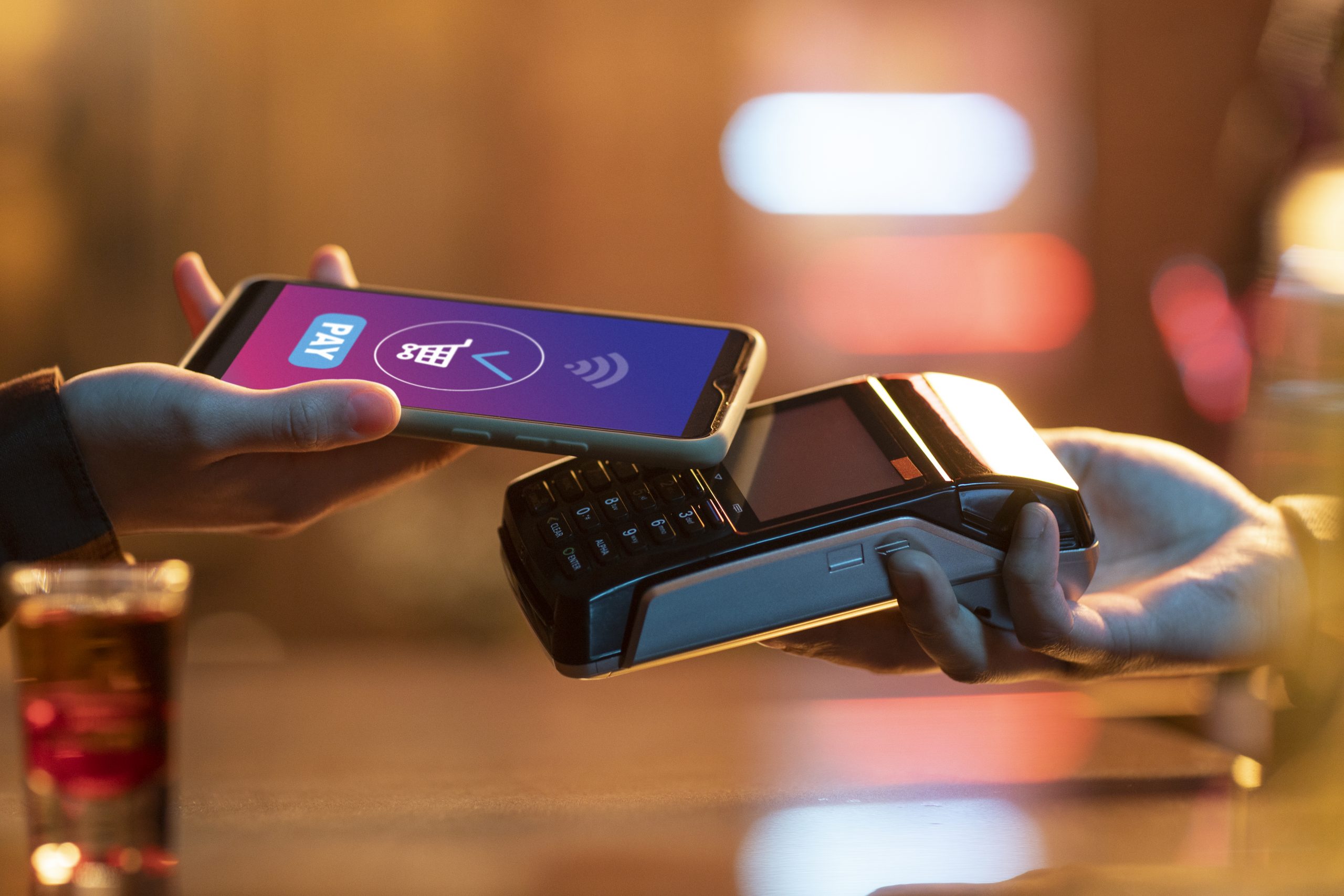Address: 119 Bd de la Résistance, Casablanca 20000
Opening hours :Mon - Fri: 9am-12.30pm and 2pm-6pm Sat: 9am-12pm
Address: 119 Bd de la Résistance, Casablanca 20000
Opening hours :Mon - Fri: 9am-12.30pm and 2pm-6pm Sat: 9am-12pm

After more than twenty years under a single-operator system, the Moroccan electronic payments market is now opening to competition. This liberalization marks a turning point for the sector, promising more innovation, lower costs for merchants, and faster adoption of digital payment solutions across the country.
From the pilot phase, seven acquirers launched their services, successfully affiliating 2,000 merchants in just a few months. By November 1, 2025, the deadline set by the Competition Council, the Moroccan market will definitively shift to a multi-acquirer architecture.
For entrepreneurs, investors, and fintech players, this is the moment to act: launching a payment services company in Morocco has never been more accessible or strategically rewarding.
The reform goes beyond simply opening the market. It creates an ecosystem where:
This new architecture makes Morocco one of the most attractive fintech destinations in North Africa.
Bank Al-Maghrib supervises all payment institutions.
Yes, foreign investors can apply directly or through joint ventures.
Merchant acquiring, mobile wallets, online gateways, transaction processing, and related fintech services.
It varies by license type, but generally requires several million dirhams.
By November 1, 2025, the market will operate entirely under a multi-acquirer model.
The liberalization of Morocco’s payment services market signals the start of a new digital era. By securing the right license, investing in robust infrastructure, and delivering innovative solutions, companies can position themselves at the heart of Morocco’s transformation into a modern, inclusive, and competitive fintech hub.
At BH Adviser, we guide investors through company setup, tax optimization, licensing, payroll, and industrial compliance so your project can start smoothly.